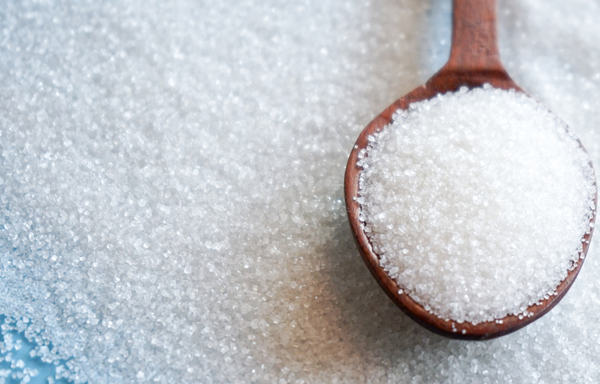

Managing Sugar Cravings with PCOS: Take Back Control
PCOS affects millions of women worldwide, and while symptoms can vary, one of the most common struggles is intense sugar cravings. These cravings are not just about willpower—they are directly linked to insulin resistance.
If you find yourself constantly reaching for sweets or carb-heavy foods, it is not just a bad habit. It is your body’s way of responding to elevated insulin levels. Understanding why this happens is the first step toward breaking the cycle and gaining control over your cravings.
Why Insulin Resistance Causes Sugar Cravings
Insulin plays a key role in how the body processes energy from food. When you eat, food is broken down into glucose, which enters the bloodstream. Insulin helps transport that glucose into your cells to be used for energy or stored as fat.
With PCOS, insulin resistance makes it harder for your cells to absorb glucose, so your body compensates by producing even more insulin. This leads to a cycle of high insulin levels, increased hunger, and stronger sugar cravings.
When the body cannot efficiently use insulin, the brain perceives it as an energy shortage, even if there is plenty of glucose in the blood. This triggers intense cravings for sugar and carbs, pushing you to eat more, which only worsens insulin resistance.
The Science Behind Sugar Cravings
A helpful way to visualize insulin resistance is to think of your body as a car.
Excerpt from my book Low Insulin Lifestyle:
“Imagine you are driving down the road with a full tank of gas, but suddenly, your gas light comes on. You are confused because you just filled up, but just in case, you start looking for the next gas station. To conserve gas, you slow down and turn off the air conditioner or heater until you can refuel.”
This is insulin resistance. Despite eating a meal, your brain still signals hunger because your body is not effectively getting energy. To compensate, metabolism slows down to preserve energy, just like slowing down the car. This is why cravings intensify and weight loss becomes so difficult.
Addressing insulin resistance is the key to breaking this cycle—not just cutting sugar.
How to Reduce Sugar Cravings with a Low Insulin Lifestyle
- Choose foods that stabilize insulin. Prioritize lean proteins, non-starchy vegetables, healthy fats, and whole fruits. Avoid foods that spike insulin.
- Eat until you are full. Quality over quantity. Over time your appetite will regulate, and you will not even crave those things.
- Make smart swaps for sweets. If you need a sweet fix, opt for Lilli-approved sweeteners in moderation. Check out the Desserts in the Recipe section for ideas.
- Incorporate regular movement. Walking, strength training, and yoga can improve insulin sensitivity and lower stress, reducing cravings naturally. Avoid excessive cardio, which can raise cortisol and worsen cravings.
Understanding how your body responds to different foods is more important than blindly following generic diet advice.






















